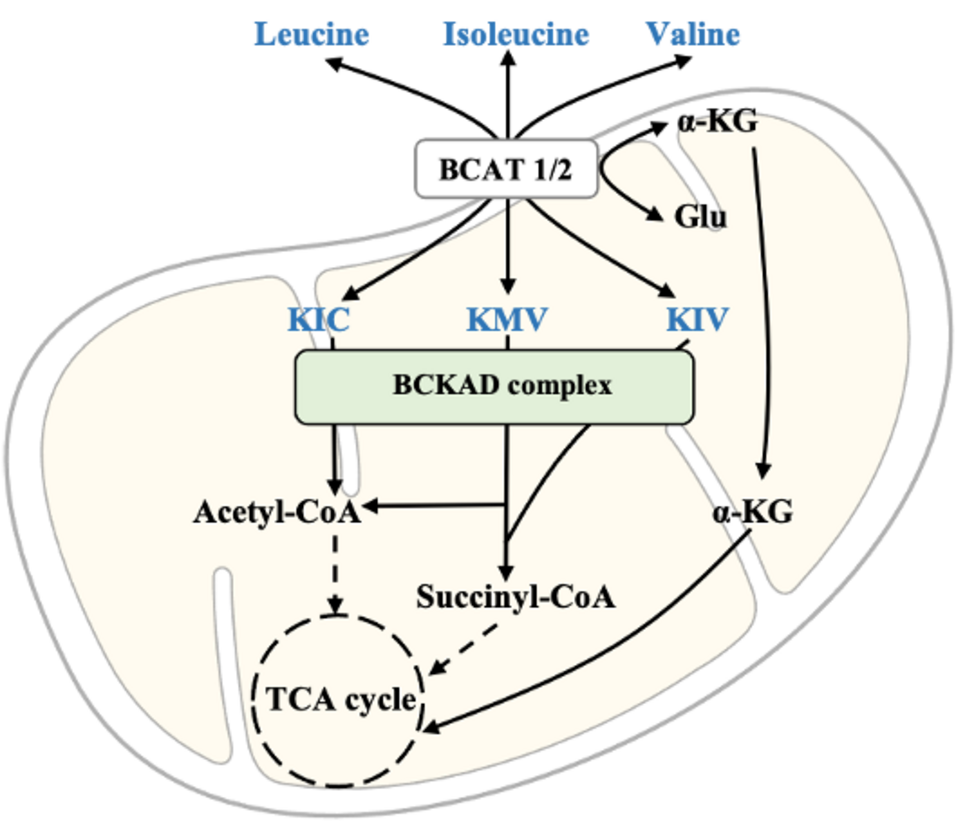New research from our lab has identified a novel mechanism by which tumor cells interact with immune cells in the tumor microenvironment. Specifically, we have shown that different types of human and murine cancer cells release branched-chain α-ketoacids (BCKAs) into the extracellular space, which can influence macrophage polarization in a manner that depends on monocarboxylate transporter 1 (MCT1).
Using a combined metabolomics/proteomics platform, we found that uptake of BCKAs fueled macrophage tricarboxylic acid (TCA) cycle intermediates and increased polyamine metabolism. Furthermore, the three BCKAs we tested had different effects on various cellular pathways, including inflammatory signal pathways, phagocytosis, apoptosis, and redox balance.
These findings reveal cancer-derived BCKAs as novel determinants for macrophage polarization, which could be selectively exploited to optimize antitumor immune responses. Ultimately, this research may pave the way for the development of targeted therapies that improve outcomes for cancer patients.
New light shed on interaction of tumor cells with immune cells
28.02.2023

